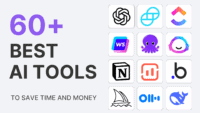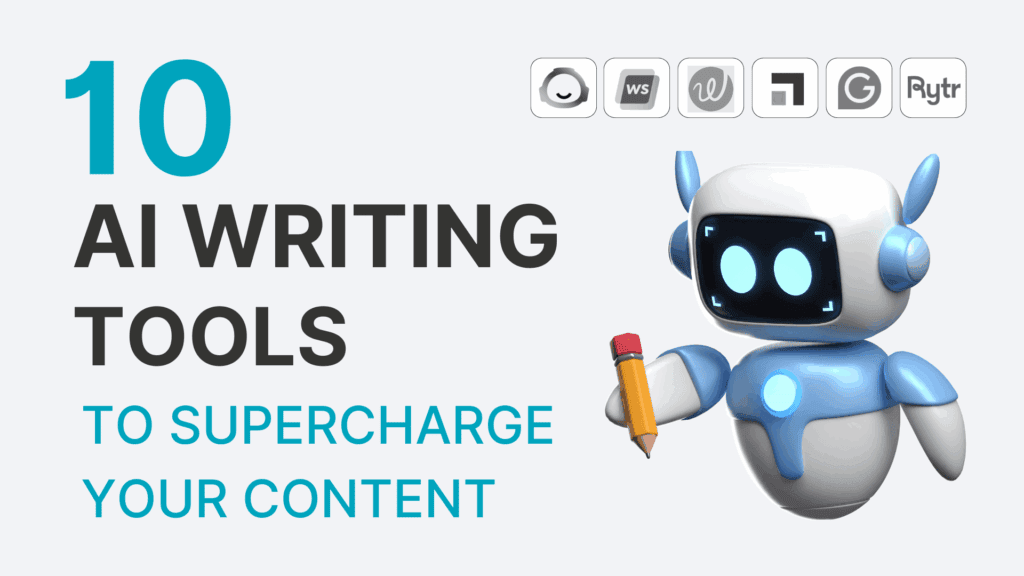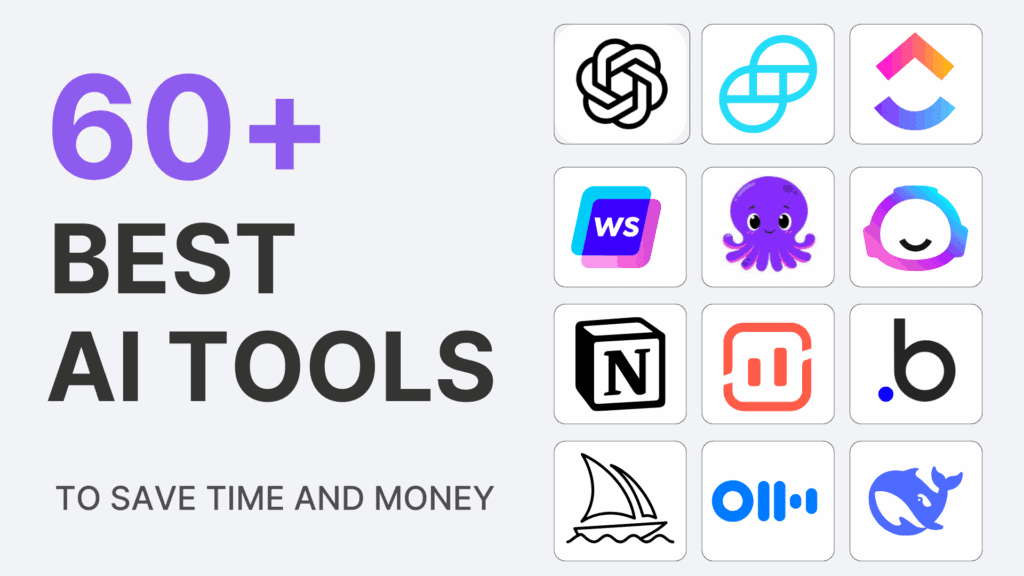Deep linking is a sophisticated strategy in digital marketing that involves creating hyperlinks to specific pages or content within a website or mobile application, rather than just linking to the homepage. Unlike traditional links that direct users to a website’s main entrance, deep links guide them to precise locations, enhancing the user experience and increasing the chances of conversion.
Understanding the Mechanism
Deep links are structured to navigate users directly to the intended content, be it a specific product page, article, or even a particular section within a mobile app. This targeted approach streamlines the user journey, reducing friction and making it easier for customers to find what they’re looking for. Deep links can be categorized into two main types: traditional deep links and mobile deep links.
- Traditional Deep Links: These are primarily used for websites and direct users to a specific webpage. They play a pivotal role in search engine optimization (SEO) and are essential for creating a seamless online experience.
- Mobile Deep Links: Tailored for mobile applications, these links not only guide users to a particular app but also to a specific content page within the app. Mobile deep links are especially valuable in enhancing user engagement and retention.
Enhancing User Experience
The application of deep linking goes beyond mere convenience; it significantly contributes to a more personalized and user-friendly digital experience. For example, an e-commerce brand employing deep linking might lead a customer directly to a product page from a marketing email, bypassing the need for the user to navigate through the homepage. This not only saves time but also increases the likelihood of a successful transaction.
Deep Linking in Mobile Marketing
Mobile deep linking is particularly impactful in the mobile app ecosystem. It enables marketers to direct users not only to the app but also to a specific location within the app. This can include promotions, personalized content, or even specific functionalities. For instance, a fitness app might use deep linking to guide users directly to a new workout routine, fostering engagement and user satisfaction.
SEO Benefits and Tracking Capabilities
In addition to the enhanced user experience, deep linking offers SEO benefits by providing search engines with more specific information about the content of a page. This contributes to better indexing and ranking in search results. Moreover, deep links provide valuable tracking data for marketers. They can measure the effectiveness of campaigns, understand user behavior, and refine strategies based on actionable insights.
Deep Linking in Affiliate Marketing
Deep linking enables affiliates to be more precise in their promotions by directing their audience to the exact product or service they are endorsing. Instead of a generic homepage link, affiliates can craft deep links that lead potential customers to a specific product page or a promotional offer. This precision targeting not only increases the relevance of the affiliate’s content but also improves the likelihood of conversion, as users are guided directly to the item of interest.
Challenges and Considerations
While deep linking offers numerous advantages, there are challenges to consider, especially in the mobile landscape. The diversity of devices, operating systems, and app versions can create compatibility issues. Marketers need to implement solutions that ensure a seamless experience across various platforms.
Conclusion
Deep linking stands as a pivotal tool in the digital marketing toolkit. It goes beyond the conventional approach of directing users to a homepage, offering a targeted and personalized journey. Whether applied in websites or mobile apps, deep linking enhances user experience, improves SEO, and provides valuable insights for marketers to refine their strategies in the ever-evolving digital landscape.











